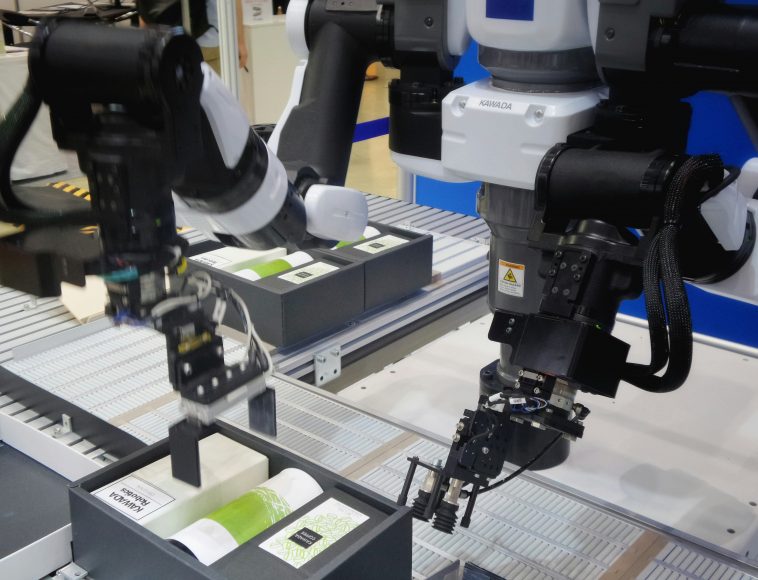The platform for launching careers in Science and Technology acts as an additional approach to motivate students to engage with STEM subjects and consider careers in the STEM sector. At present, young students are developing abilities in problem-solving, creativity, and computer literacy.
Facilitator of Coding and Robotics at Nelson Mandela University, Louise Fouche, discusses their early approach to teaching coding to young learners in the Eastern Cape Province of South Africa. “We introduce coding from a very basic level, akin to assembling a puzzle,” she explains. “Piece by piece, students work to construct their projects so that, in the end, their codable sprite can perform specific actions. This method of learning is both fun and interactive.
Additionally, we utilize colors in our teaching because 5- and 6-year-olds are not yet able to read. This helps them make connections more easily. For instance, we use the color blue to represent motion, reminiscent of the ocean’s blue. This way, if they want their sprite to move or jump, they know to use the motion command.”
Introducing coding and robotics into schools, especially those in townships and rural areas, can be challenging due to a lack of resources. However, engaging students through coding clubs and external tournaments and competitions can be an effective approach.
The Department of Education reports that 186 schools in the Eastern Cape are currently participating in a pilot program for coding and robotics. This figure is set to increase to 4,000 by 2025, as the program expands with the allocation of more resources and ongoing teacher training in these disciplines.
Malibongwe Mtima, a spokesperson for the Department of Education, noted, “The Coding and Robotics program was initiated under the Draft Curriculum Statement Policy to gauge the challenges of such an extensive initiative. Memos have been sent to all provinces with guidance on how the pilot will proceed in 2024 until the curriculum receives official approval. We’ve allocated a mediated budget for this pilot, funded through the MST coordination grant, which covers schools from Grade R to Grade 7. The kits for Grade 8 and 9 will be distributed in April of this year.”
The coding and robotics curriculum is anticipated to receive full approval in 2025.



